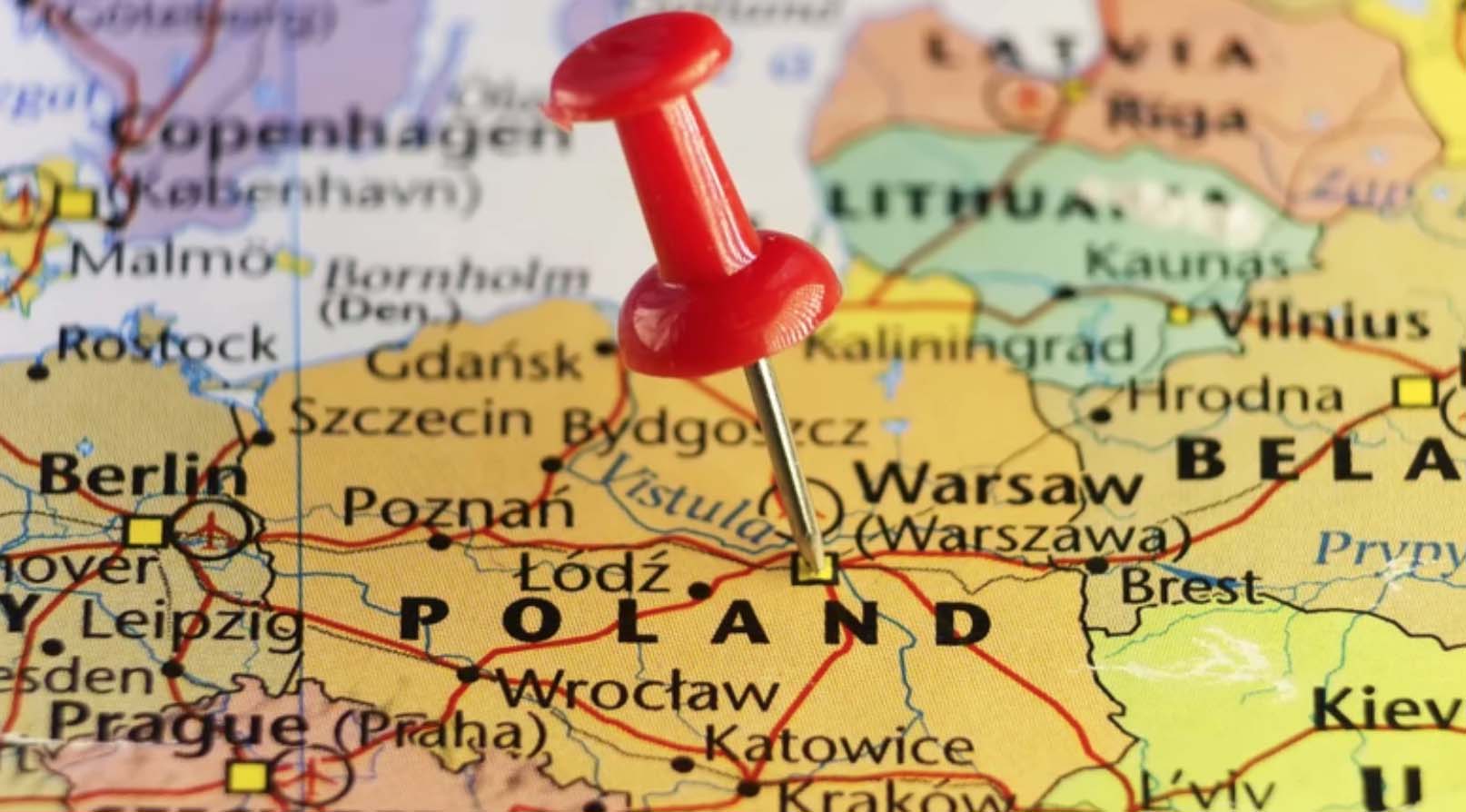Poland’s two major parties, the ruling conservative Law and Justice (PiS) and the liberal Civic Platform (PO), have for the past week been engaged in a competition as to who will spend more of taxpayers’ money on a variety of welfare benefits. It’s as if benefits have become the Holy Grail of Polish politics which guarantees electoral success.
The mechanism in play seems to be that every time the ruling party leader, Jarosław Kaczyński, makes a promise, such as the one to raise the child benefit by 60 percent, Donald Tusk, the leader of the liberal PO, will promise more. When PiS promised the 60 percent rise from the start of next year, Tusk challenged PiS to start it in June of this year. When PiS announced a mortgage subsidy program to keep mortgage interest rates at 2 percent for first-time buyers, Tusk quickly came out with a promise of 0 percent mortgages for this group. Tusk has not yet responded to the PiS promise to make prescription drugs free of charge for those over 65 or to abolish tolls on highways, but give him time.
Both the major parties are treating voters like tapeworms focused on consumption and different benefits. To think that they might want something else seems to be unthinkable heresy.
It appears as if both these parties have abandoned any attempts at the hard effort required to improve the quality of education, healthcare, or public administration — as though it’s not worth it because it’s too difficult, too expensive, and no one knows whether the voters will notice and approve. Social benefits and offering things free of charge are much simpler and will be done as long as Poland stays solvent.
The smaller parties can’t compete in these terms since they lack the credibility to lead governments, but the faith major parties have placed in the Holy Grail of social transfer-based redistribution may in the end prove unfounded. It could be that a very large body of voters will begin to question whether it is really in their interests.
Inflation may be a game changer in all this. It has made people aware that there is a cost to be had when the government prints money, as it did to counteract Covid-19 and as it is effectively doing to keep financing the ever-growing social benefits. The real incomes of Poles fell by an average of 5 percent last year.
This is new to Poles in the time of a market economy, but Western countries went through such an experience in the last century. The welfare state expanded massively in the 1960s, and then in the 1970s along came an energy crisis and stagflation. It resulted in the impoverishment of both the working and middle classes and the growth of public debt. The welfare state struggled to cushion the impact and the classical Keynesian prescriptions of stimulating the economy no longer seemed to work.
The situation triggered a reaction against the welfare state and high public spending. Politically, it was the most conservative forces of the day led by Ronald Reagan in the U.S. and Margaret Thatcher in the U.K. who came to power and ruled for a decade or more.
We may be noticing the first symptoms of a similar turn of events in Poland. Both the major parties are just mirror images of each other, and a large part of the electorate is beginning to feel disenfranchised as a result.
No wonder then that the Confederation party is gaining ground in the polls. It seemed to have been condemned to being just a niche force on the margins of Polish politics, but their message of limiting rather than extending the welfare state and the need to cut public spending and taxes is now cutting through.
Inflation may peak and begin to come down. But the increased social transfers imply there will be less public money to raise pay in the public sector, which means that over 3 million people employed in that sector are likely to face yet another year of a drop in real incomes. Even workers in the private sector will find it difficult to keep up, and social benefits may not compensate for the accumulated effects of inflation.
We can also add small and medium entrepreneurs into the equation. They do not see the welfare state as support, but rather a burden. In this way, a new electorate may be forming which is less enthusiastic about promises to spend taxpayers’ money.






